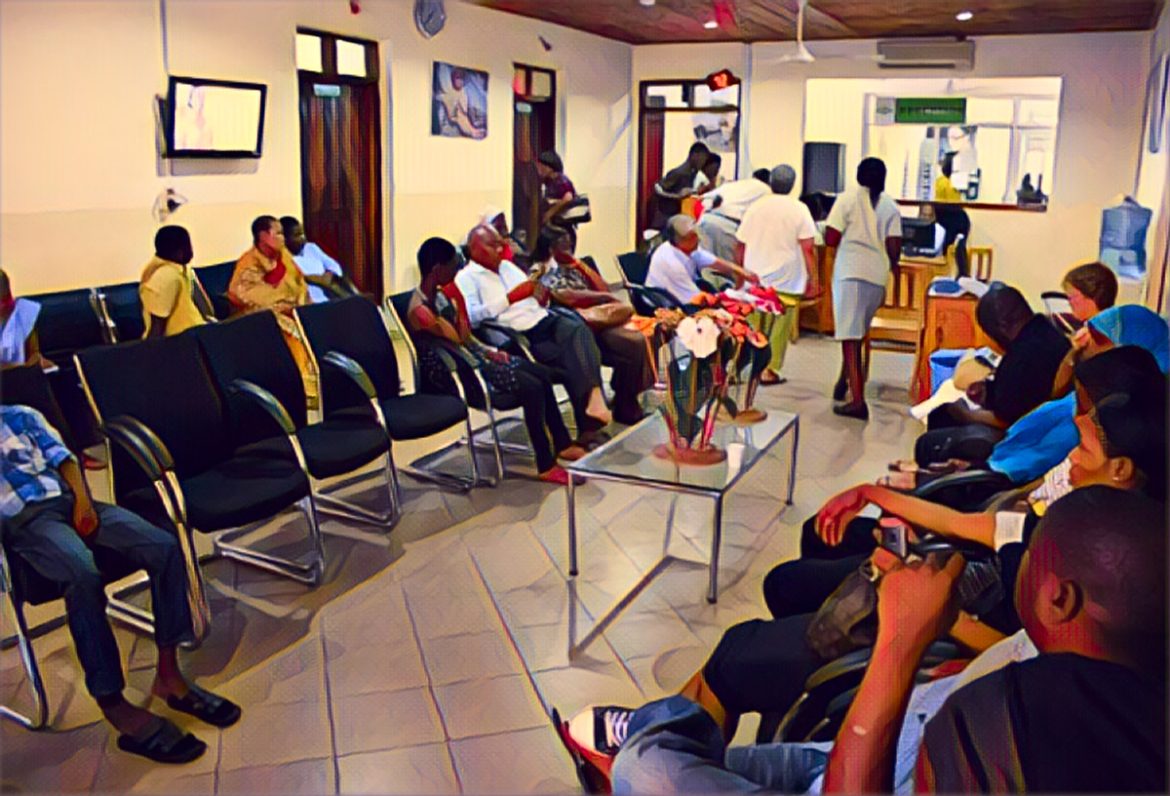Key Points
-
Nigeria records 127 deaths from Lassa fever in four months.
-
HIV prevalence remains highest in Rivers, Benue and Akwa Ibom.
-
Over 61 million Nigerians vaccinated against major diseases.
In April 2025, Nigeria’s health sector battled multiple emergencies. The Nigeria Centre for Disease Control and Prevention (NCDC) confirmed 674 Lassa fever cases, resulting in 127 deaths across 18 states. The outbreak increased slightly from the 18.5 percent fatality rate in 2024 to 18.8 percent this year.
Meanwhile, measles, meningitis, and other vaccine-preventable illnesses surged globally. WHO, UNICEF and Gavi issued warnings during World Immunisation Week, calling for urgent action to protect gains made in child mortality reduction. Nigeria was particularly vulnerable, with millions of unvaccinated children.
HIV and vaccination gaps threaten health security
A report by the National Agency for the Control of AIDS (NACA) showed Rivers, Benue, and Akwa Ibom as the states with the highest HIV cases. Over two million Nigerians currently live with HIV, according to 2024 HIV Spectrum Estimates.
In a promising shift, Yobe State announced a goal to reach 80 percent vaccination coverage by 2026. UNICEF revealed that Nigeria has the world’s highest number of unvaccinated children—2.1 million “zero-dose” children under age one.
Efforts to reduce these numbers by 25 percent by 2025 and 50 percent by 2030 are underway. However, misinformation, logistics and funding continue to pose significant threats.
Reforms aim to curb Nigeria’s ongoing health crisis
Amid the Nigeria health crisis April 2025, the federal government unveiled bold health reforms. These include revitalizing 901 primary healthcare centers and targeting 2,700 more by 2025.
Additionally, N110 billion was allocated to modernize 18 medical schools across six geopolitical zones. This investment will upgrade infrastructure in medicine, dentistry, pharmacy, and nursing.
The government also confirmed that 61.5 million Nigerians were vaccinated against diseases like measles, yellow fever, malaria and HPV from October 2023 to April 2025.
Experts warn, however, that without ongoing support and improved healthcare systems, these gains may be temporary.


